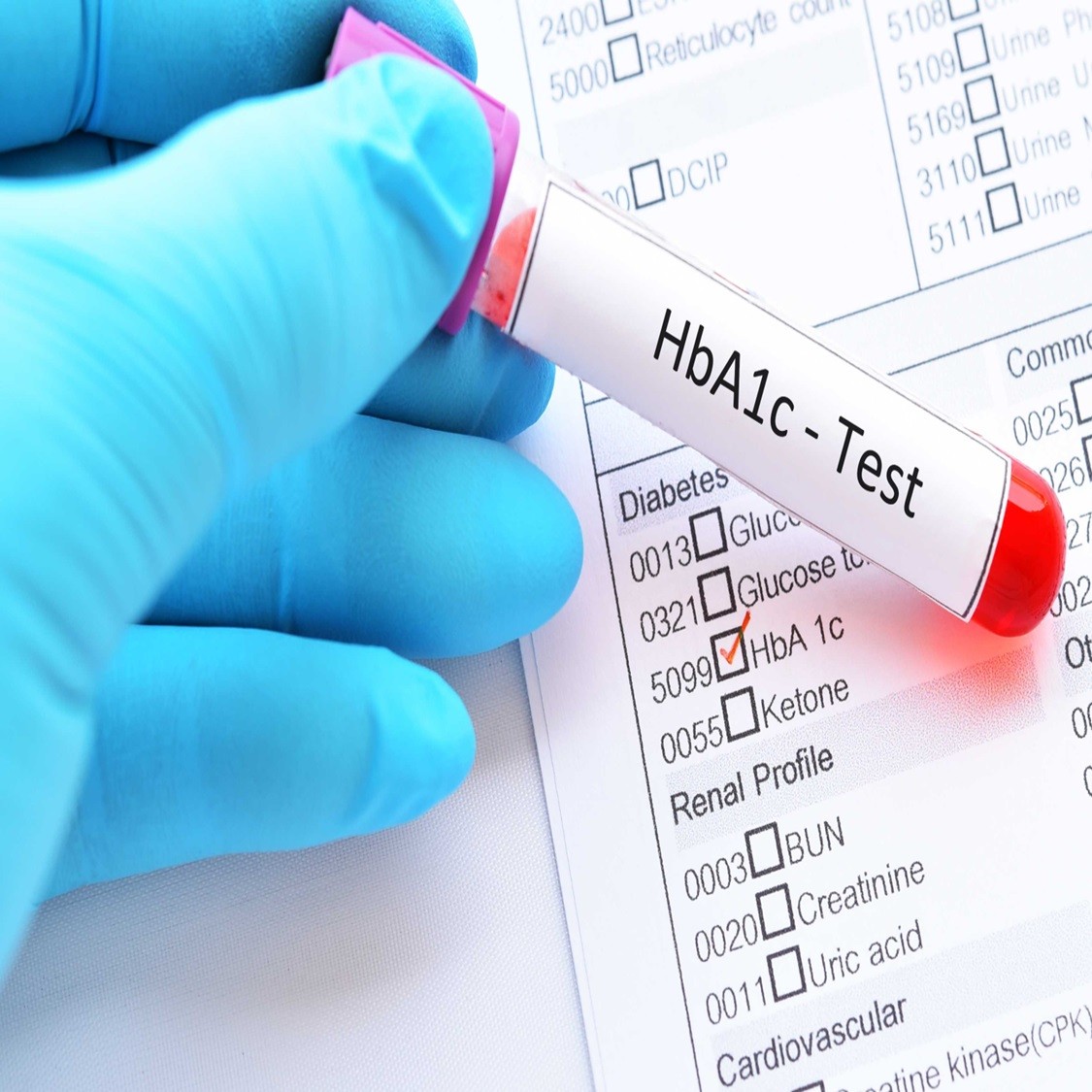Blood Glucose
Diabetes is a
serious complex condition that can affect the entire body requiring daily
self-care. If complications develop,
diabetes can have a significant impact on the quality of life and can reduce
life expectancy. While there is currently no cure for diabetes, you can live an enjoyable life by learning
about the condition and effectively managing
it.
There are
different types of diabetes, all types are complex and serious, and anyone can
develop diabetes. The main types of
diabetes are type 1, type 2, and gestational diabetes. Type 2 diabetes is most
common representing 80 – 95 percent of all
cases of diabetes.
When someone
has diabetes, their
body is unable
to maintain healthy
levels of glucose
in the blood. Glucose is a form of
sugar, which is the main source of energy for our bodies. For our bodies to
work properly we need to convert glucose (sugar)
from food into energy. A hormone called
insulin is essential
for the conversion of glucose into energy. In people with diabetes, insulin
is no longer produced, or not produced in sufficient
amounts by the body.
When people with diabetes eat glucose, which is in foods such as bread,
cereals, fruit and starchy vegetables, legumes, milk, yogurt,
and sweets, it can’t be converted into energy. Instead,
it stays in the blood resulting in high blood glucose levels
leading to long-term
and short-term health
complications.
Our pharmacists
are here to support and guide you through the steps needed to manage your
diabetes well. We can test your
blood glucose (sugar) level and offer you a free one-on-one consultation in the
pharmacy to help you understand your medicines better.
A medication check
with a pharmacist will help you learn more about the medicines
you are using and how they interact, identify any challenges the
medication is causing you, and help improve the effective use of medication to improve your quality of life.
 Home
Home
